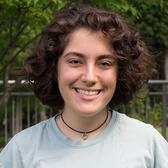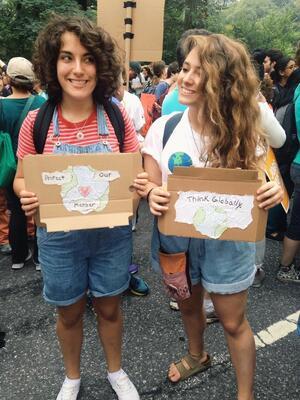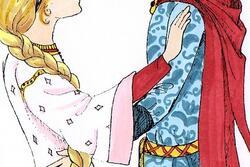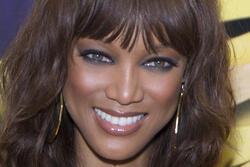Moving Past My Passivity
I was a relatively passive preteen. I was stuck in this mentality that my life wasn’t really going to start until I was older, that everything until then was just filler. Looking back at it now, I can acknowledge the internalized adultism that clouded my perception of the world, but am still regretful of this period of stagnation in my life. I guess what I am most upset about is the fact that it took me up until high school to become outspoken. There are so many things that I am passionate about, that make me want to scream, that get me pumped for the future. This is true now and it was true back then, except now I don’t hesitate to make my interests and beliefs known. These days, I know that I don’t have to wait until I am an “adult” to do the things that matter to me.
We are a product of our environment. Therefore, it becomes difficult when we want to challenge the norms of our environment. Either we lack awareness of the problematic aspects of the spaces/communities we are a part of, or we are too afraid to speak out against them. Such was the case during my earlier years in Jewish day school and summer camp. I found myself trapped in a feedback loop- I was growing gradually aware of the less than idyllic aspects of my community, but didn’t have the skills or necessary information to piece my ideas together and do something about it.
I was far from unhappy, but I lacked the comfort and security I experience in the communities of which I am currently a part. The nonchalant racism, overt flaunting of wealth, fetishizaton of trauma, queer-kid witch hunts in single-gender camp bunks, ableist language, and seemingly endless sexism which were the status quo in these establishments didn’t do much to foster diverse and accepting communities. Being that these standards were perpetuated by the community members and I was a normal middle schooler who wanted to be accepted, I had no incentive to do anything about it. I didn’t challenge the status quos of these communities because I had more to lose than to gain. If I drew attention to inequalities, hypocrisy, and wrongdoings, I not only risked my tenuous social standing, but also risked drawing attention to myself, someone who easily could have been a target of petty middle school ostracization, taunts, and passive aggression.
It took leaving Jewish day school and summer camp for me to realize how much I appreciated what they had done to shape me, but also to realize the importance of speaking out against their problematic characteristics. In order for a healthy community to function, it must constantly evolve and open itself up to change. Loving your communities sometimes involves fixing them. At this point in my life, this is a fact that I have learned and accepted. As I have grown into myself as an individual and as a member of several other diverse and vibrant communities, I have come to understand the importance of speaking out against injustices, if not for yourself, then on behalf of others. Earlier I said that we are a product of our environment. I still believe this to be true, but have also come to the understanding that our environment is just as much a product of us. We are capable of influencing it by speaking up for what we believe in.
I am now less hesitant to draw attention to issues in my communities that trouble me, primarily because I am more comfortable with having my voice heard. Such is the case for two reasons: 1) I genuinely couldn't care less at this point about what others think of me and 2) My experiences in high school (such as being a Rising Voices Fellow) have taught me to use my skills and my power in a productive way. Upon entering high school, I was exposed to a variety of cultural, racial, ethnic, and economic identities that were never represented in my previous communities. This was a turning point of sorts for me. It allowed me to expand my relatively narrow worldview and helped me realize the danger of inactivity. Nowadays, I’m just trying to make up for lost time.
This piece was written as part of JWA’s Rising Voices Fellowship.







